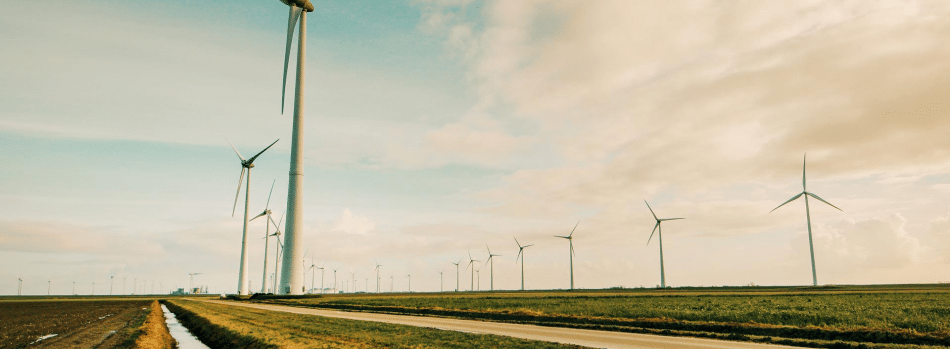
From Tokyo to Vienna – how online learning allowed one Energy Policy student to travel the world, work and study at the same time

Why did you choose to study online with the University of Sussex?
I chose to do my postgraduate programme at the University of Sussex in order to succeed in my long-term goals as a professional playing a key role in improving the environmental sector.
The main reason I chose to study online is that it allows me to get a degree without quitting my career no matter where I am in the world. When I started my online course, I was in Tokyo but now I am studying from Vienna while working during the day.
Why did you choose to study Energy Policy MSc (online)?
I have experience living in the Philippines for two years for my work and had an opportunity to deepen my knowledge of energy policy issues in emerging countries. Whilst energy demand in the Philippines is expected to increase in line with its economic growth, coal-fired power generation is still the main source of fuel. With the impending depletion of the country’s domestic gas, the Philippine government is facing with urgent coordination with domestic and international stakeholders. There is also a difficulty of settling global environmental issues in an emerging country where the low-cost coal-fired power generation is still considered important. I have witnessed the complexity of those issues and the difficulties involved.
This experience led me to choose Energy Policy as it provides an insight not only into the economics and international businesses but also into the social, historical, cultural and philosophical aspects of a country.
What’s been your favourite module so far and what made it so engaging?
I am very excited by the “Energy justice” module which I am currently taking. “Energy justice” refers to the achievement of social justice in a range of energy-related issues and I am really excited to deepen this notion as it is not really familiar in Japan (and Asia). Also, Dr. Benjamin K. Sovacool, a leading figure in this debate, is one of the module professors so I really look forward to gaining new perspectives.
How have you found online learning?
I highly recommend online study for those who are working as a professional and considering postgraduate study at the same time. It can be flexible, the cost is relatively low and of course there is no quality difference compared to on-campus study.
Also, I feel it is great that the university has a fully developed e-learning platform such as Canvas. I can do my e-learning at my own pace and download literatures online so I do not have to rush to the library to find massive reading materials. We can do our group work on a timeline whenever everyone is convenient and share useful info and help each other.
How do you manage your study time around other personal and professional commitments?
I find time to do reading and group work in my free time such as after dinner and at weekends. E-learning allows me to study at my own pace and work through assignments efficiently. Reading materials is accessible from anywhere with an internet connection so I can lie on the lovely lawn at Vienna’s garden and get lost in thought.
How has this course impacted your career and/or personal development so far?
I will continue to be conscious of what is needed to achieve the couplings between Japanese economy and development of Asia, as well as between economic growth and environmental considerations. Furthermore, I would like to keep committing to find the optimal solutions that do not unduly disadvantage the markets and stakeholders involved internationally.
What advice would you give to anyone considering this online course?
If you are wondering what to do, I would strongly recommend you choose Sussex. There are no disadvantages or barriers to studying online more than you might think. I hope that the Energy Policy course at Sussex will continue to be meaningful with the participation of more enthusiastic students.
If you would like to learn more about the online Masters that Ayako studied with us, please visit the Energy Policy MSc (online) course page.